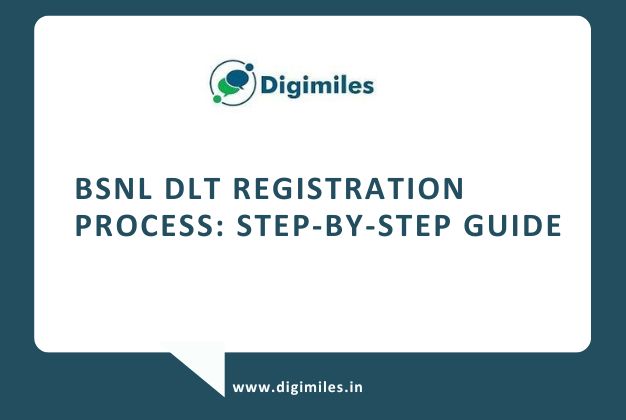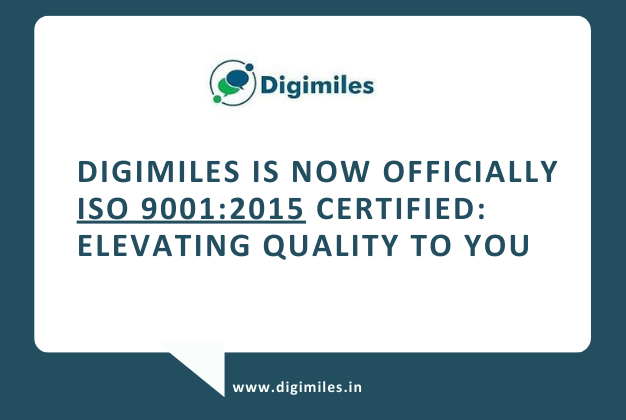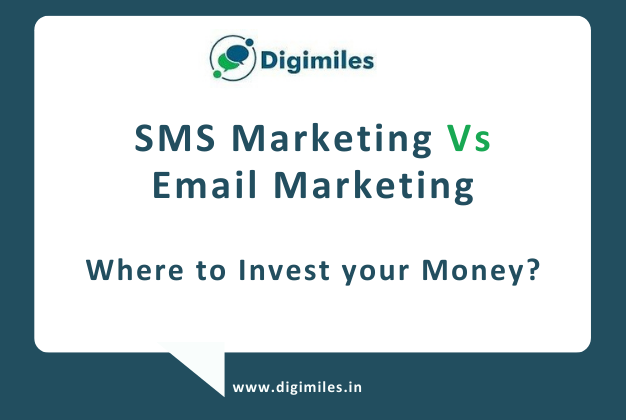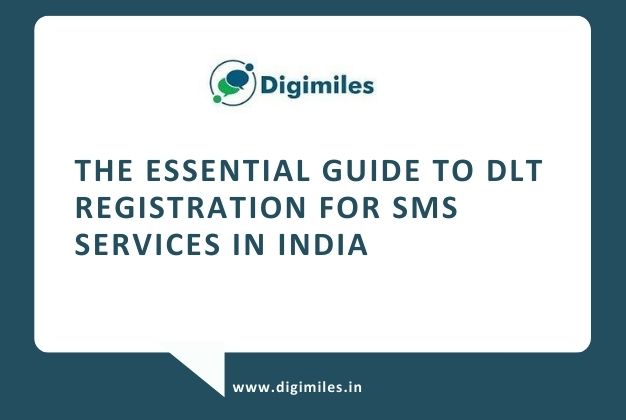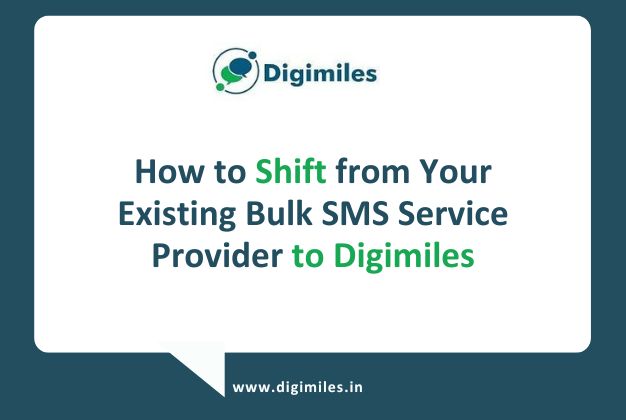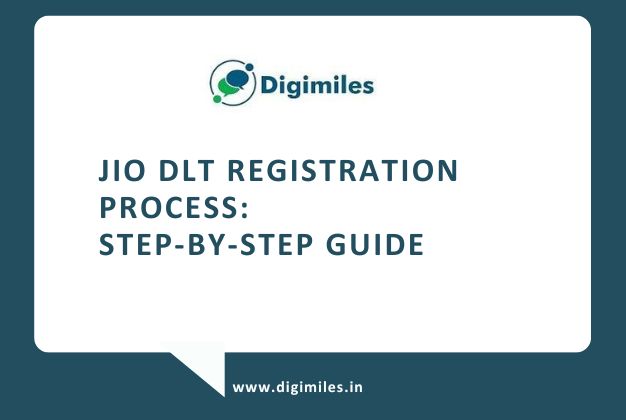How to Build SMS into Your Omnichannel Marketing Strategy
In today’s digital age, consumers expect seamless and personalized experiences when interacting with brands. Omnichannel marketing has emerged as an effective strategy to meet these expectations, providing customers with a cohesive and integrated experience across multiple channels.
In this blog post, we’ll explore the role of SMS in omnichannel marketing strategies and provide tips for incorporating SMS into your marketing mix.
What is Omnichannel Marketing?
Omnichannel marketing is an approach that focuses on creating a consistent and seamless customer experience across all available channels, including websites, email, social media, in-store, and mobile. The goal is to provide customers with relevant and personalized messaging, regardless of the channel they choose to engage with your brand.
Why Include SMS in Your Omnichannel Marketing Strategy?
- High Engagement Rates: SMS boasts impressive open rates, with some studies suggesting that up to 98% of messages are read within minutes of receipt. This makes SMS an excellent channel for delivering time-sensitive information and promotions.
- Immediacy: SMS is typically delivered and read within seconds, making it ideal for real-time communication, such as order confirmations, appointment reminders, or flash sales.
- Wide Reach: With over 5 billion people worldwide capable of sending and receiving SMS messages, this channel offers an extensive reach, including those in areas with limited internet connectivity.
- Personalization: SMS allows for personalized messages, enabling brands to tailor communications based on customer preferences, behaviors, and demographics.
- Cost-Effective: Compared to other marketing channels, SMS is relatively inexpensive, making it an attractive option for businesses looking to maximize their marketing budget.
How to Incorporate SMS into Your Omnichannel Marketing Strategy
1. Customer Journey Mapping
Begin by mapping out your customer journey to identify touch points where SMS can enhance the overall experience. Consider using SMS for:
- Welcome messages and onboarding
- Order confirmations and shipping updates
- Abandoned cart reminders
- Exclusive promotions and discounts
- Loyalty program updates
- Customer feedback and surveys
2. Segmentation and Personalization
Segment your audience based on demographics, preferences, and behaviors to deliver tailored and relevant SMS messages. Personalize your messages using customer data, such as their name, previous purchases, or browsing history.
3. Integration with Other Channels
Ensure that your SMS marketing efforts are integrated with other channels to create a seamless customer experience. For example:
- Send SMS reminders for upcoming events promoted on social media
- Follow up on abandoned carts with an SMS message containing a discount code
- Use SMS to complement email marketing campaigns, reinforcing the same message or offering
You may also like 11 Powerful Practices for Effective SMS Marketing
4. Timing and Frequency
Pay close attention to the timing and frequency of your SMS messages to avoid overwhelming or annoying customers. Consider factors such as time zones, customer preferences, and the urgency of the message when scheduling your SMS campaigns.
5. Tracking and Analytics
Monitor the performance of your SMS campaigns using analytics tools, tracking metrics such as delivery rates, open rates, click-through rates, and conversions. Use this data to refine your strategy and improve the effectiveness of your SMS marketing efforts.
Case Study: How a Retail Brand Leveraged Digimiles SMS Service in Their Omnichannel Marketing Strategy
A popular retail brand (mens clothing) reached us and wanted to enhance their omnichannel marketing strategy by incorporating SMS. They began by mapping out their customer journey and identified key touchpoints where SMS could provide value. The brand implemented SMS for order confirmations, shipping updates, and exclusive promotions.
By segmenting their audience and personalizing messages, the retailer saw a significant increase in customer engagement and satisfaction. They also integrated SMS with their email marketing campaigns, using SMS to reinforce promotional messages and remind customers of upcoming sales events.
The results were impressive:
- SMS open rates exceeded 95%
- Click-through rates for promotional messages averaged 15%
- Conversion rates for SMS-driven sales increased by 20%
- Customer satisfaction scores improved, with many customers appreciating the timely and relevant SMS updates
Conclusion
SMS plays a vital role in omnichannel marketing strategies, offering high engagement rates, immediacy, wide reach, personalization, and cost-effectiveness. By incorporating SMS into your marketing mix and integrating it with other channels, you can create a seamless and cohesive customer experience that drives engagement, loyalty, and sales.
Ready to elevate your omnichannel marketing strategy with SMS? Contact Digimiles today to learn more about our SMS marketing and SMS API services.

